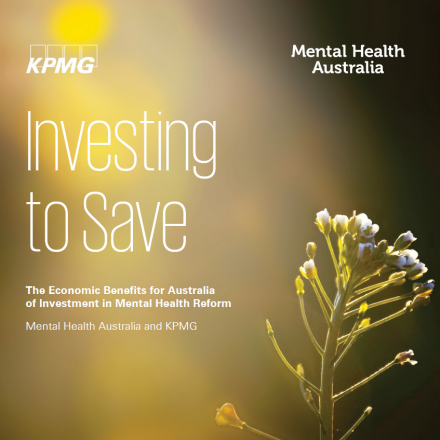CEO Update - Tragic news is everywhere, which is tragic in itself
Tragic news is everywhere, which is tragic in itself
The screens and newsfeeds we spend so much of our time and energy on seem to be replete with tragedy. It’s hard to imagine we could be more exposed to the daily hardships and disasters, large and small that afflict communities across the globe. Communities we are all part of in this globally connected world.
This week alone, the dreadful fire in London, the bushfires in Portugal, the terror attack against Muslims leaving their mosque in the UK, and yet another suicide bomber on a railway platform in Belgium. Tragic news is everywhere, and its dominance in our lives is also tragic.
“Peak oil” is a moment in time when world oil production reaches the highest point it ever will. The events of this week make me wonder what “peak tragedy” would look like, and how we might know when we’ve reached it. And more importantly how we can protect our communities against it.
I frequently find myself self-censoring news. It can just be too much. Too much misery, too much I can’t control, too much energy taken up trying NOT to be consumed by tragedy. But even still, developments in ‘constant’ news coverage and media are especially disturbing.
During the London fire, one TV station was showing a live feed ‘picture-in-picture’ of the burning building in the bottom corner of the screen, with the main programing back on ‘other tragic news’. A building in which people were burning to death. Were they waiting to view people jumping to escape the flames? Waiting for the building to collapse, like the Twin Towers? It’s hard for me to see what purpose was being served… Or is it that we are so attuned to hearing about tragedy, we now want to watch it unfold live?
During the fires in Portugal, a radio broadcast was equally disturbing. For an extended period of time the station broadcast the guttural, desperate screaming of what turned out to be a resident watching their home burning – and as it played I honestly did not know whether I was listening to someone dying or not.
Once again, difficult to see how such audio contributes to our understanding of the circumstances that led to the fire and the terrible loss of life. Incidentally, I had to read a long way down to learn the fire was a result of corruption in the eucalypt timber industry – that’s right connected by gum trees.
I revisit all of this not to re-traumatise, but to try and understand, and especially to recognise that we can also be merchants of tragedy. It is not very long ago that we watched the distressing video of Miriam Merten neglected and close to death in one of our mental health facilities. We are yet to see whether the public exposure of such tragedy will have the effect of improving services. It may, but perhaps it will also be lost in the seemingly endless tsunami of tragedy that has followed.
We know the mental health system in Australia lets too many people down. We know the effects of that failure can be catastrophic for those effected, no less painful than the devastating losses in a fire in Portugal, and greater in number than the terrible fire that took so many lives in Grenfell Tower.
Our challenge is to honour those losses, to tell those stories, and to recount the statistics. But it is also our challenge to do so in a way that is effective, and achieves change, rather than simply adding to the burden of chaos and despair which risks a retreat into inaction and despair.
At the National Register Induction training in Canberra last week, when we were joined by over 50 consumers and carers from across the country, our Director of External Relations Lachlan Searle implored the group to think carefully about how they use experiences (their own and others) to tell stories and advocate for change when he said “We cannot win by simply trying to shout louder than everyone else. Why? Because people will stop listening.”
And perhaps that’s already happening, when you consider the prevalence of on-demand television and entertainment – where people can choose for themselves – and therefore self-sensor.
So to tell our stories, to advocate for mental health reform, and to achieve the vision of mentally healthy communities, we have to engage, listen and learn… not just shout the tragic news of the moment loudly enough to be heard above the noise… before moving on to the next tragedy.
Frank Quinlan
CEO, Mental Health Australia




